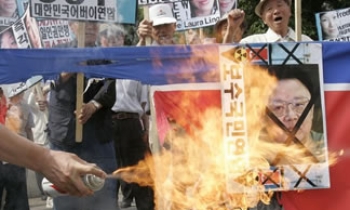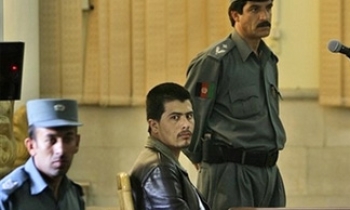The Director of Venezuela's National Commission on Telecommunications (CONATEL), has announced that 29 unidentified radio stations will soon be forced to cease operations. the move, which will bring the number of closures in the last couple of months to 63 radios and TV stations, was announced Saturday last by Minister Diosdado Cabello.
CONATEL has said that all the cases involve stations whose licenses are up for renewal, whose owners have died or given up their rights, or where proposed title transfers have been denied. According to reports received by ARTICLE 19, CONATEL has also opened administrative procedures against more than 200 broadcasters, which may lead to temporary or permanent suspension of their licences. Minister Cabello claimed that the closures are aimed at “democratising access to the airwaves."
ARTICLE 19 reacted by saying that CONATEL is not independent from the government, as broadcast regulators are required to be by international guarantees of freedom of expression, and that, as a result, CONATEL is not in a position to promote broadcasting in the wider public interest.
Broadcasting is by far the most important source of information, as well as of entertainment, for most people in countries around the world. Due to its centrality as a source of information and news, and its growing profitability, governments and dominant commercial interests have historically sought to control broadcasting, ARTICLE 19 said.
Governments have exerted control through the licensing process and other regulatory measures, as well as through informal pressure, while commercial interests have used wealth and connections to monopolise the broadcasting sector, often leading to a focus on low quality but profitable programming, it said.
Oversight by a regulator which is independent of both government and commercial interests, and which has a clear mandate to promote broadcasting in the public interest, is the key to democratising the sector and avoiding regulation being abused to allow for government control.
ARTICLE 19 called on Venezuelan authorities to establish an independent broadcast regulator with a mandate to promote pluralism in the airwaves, through rules that are fair and objective, and that ensures that due process is respected in all administrative procedures. Radio and TV stations should not be closed down due to their political views and editorial lines, it said.
“The imminent closure of 29 private radio stations is a clear indication that Venezuelan regulators are using arbitrary and discriminatory criteria to punish outlets that do not share the government’s viewpoint,” said Carlos Lauría, Americas senior programme coordinator of the New York-based Committee to Protect Journalists (CPJ) .
“We are also concerned about the new administrative procedure against Globovisión, which the government opened after accusing the network of inciting rebellion for allegedly airing a viewer’s text message calling for a coup. This investigation –like the other five opened against Globovisión in a six-month period- is an overly aggressive response that is part of a campaign targeting the critical network. We urge authorities to stop targeting private media for their critical coverage.”









